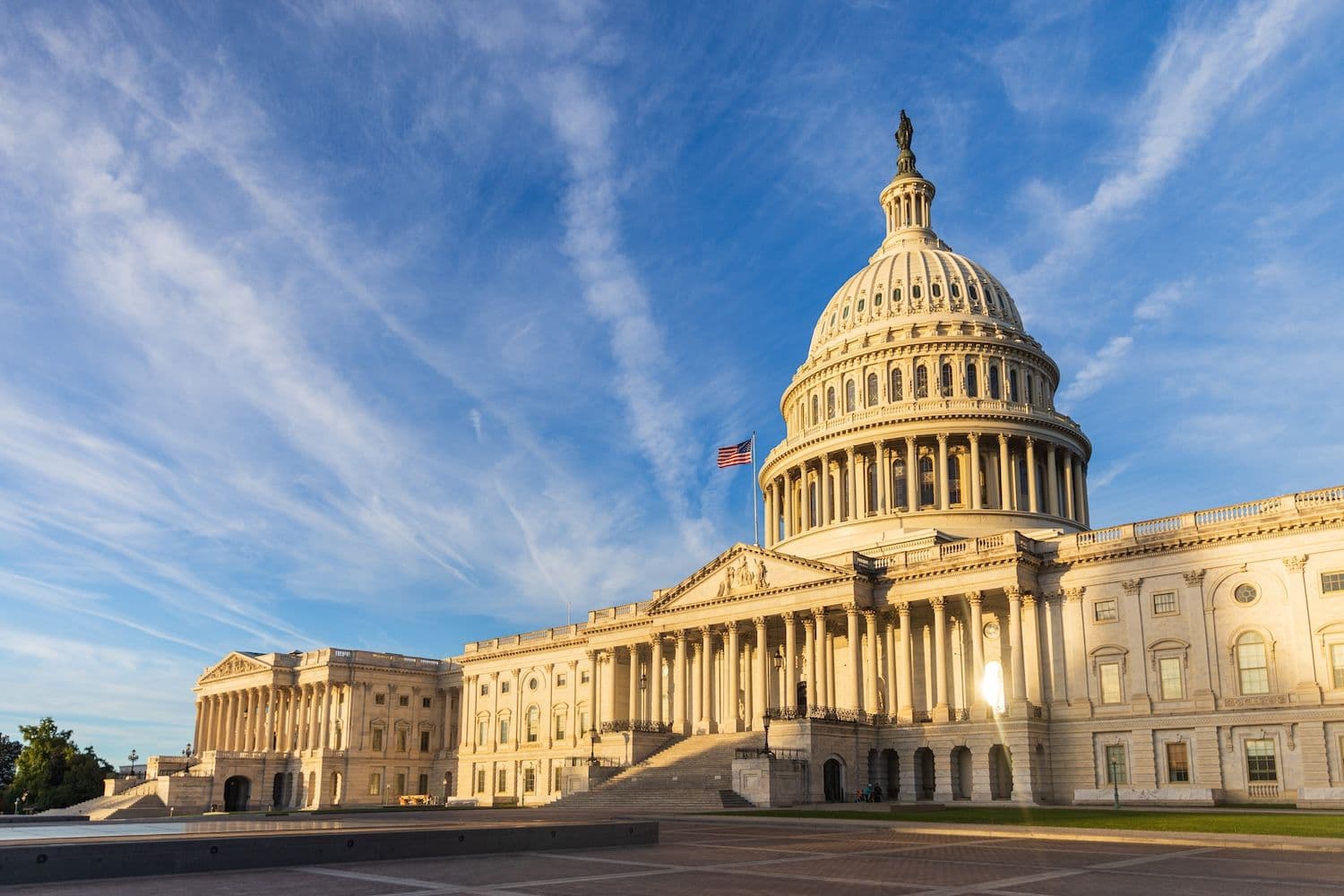The Senate Banking Committee released a discussion draft of the Responsible Financial Innovation Act of 2025 last week, marking a significant development in federal cryptocurrency regulation efforts. The proposed legislation introduces "ancillary assets" as a regulatory category and outlines expanded oversight powers for the Securities and Exchange Commission over digital tokens. Committee members are accepting public comments through early August before finalizing the bill's language.
What to Know:
- The Senate draft focuses specifically on SEC jurisdiction over digital assets, avoiding broader "digital commodities" definitions that would require Agriculture Committee involvement
- Public feedback period runs until early August, with industry stakeholders expected to submit extensive comments on the proposed regulatory framework
- Crypto lobbying expenditures hit nearly $7 million in the second quarter of 2025, with Coinbase spending close to $1 million on advocacy efforts
Legislative Maneuvering Reveals Strategic Approach
The Banking Committee's narrow focus represents calculated political strategy. By concentrating on SEC oversight rather than attempting comprehensive digital asset definitions, committee leadership avoids jurisdictional conflicts with the Agriculture Committee, which traditionally handles commodities regulation.
Rashan Colbert, policy director at the Crypto Council for Innovation, noted the draft reflects the Banking Committee's limited scope. He suggested future collaboration with the Agriculture Committee would be necessary for complete regulatory coverage. The approach contrasts sharply with the House's more expansive Clarity Act, which passed earlier this year with broader definitional language.
Senate procedures require 60 votes to overcome filibusters, making bipartisan support essential for passage.
Republicans currently hold a narrow majority, but Democratic cooperation remains crucial for advancing cryptocurrency legislation through the chamber's procedural hurdles.
Industry Pressure Drives Regulatory Timeline
Cryptocurrency companies have dramatically increased Washington spending as regulatory uncertainty persists. Bloomberg data shows lobbying expenditures reached nearly $7 million in the second quarter alone, representing a substantial increase from previous periods.
Coinbase, the largest U.S. cryptocurrency exchange, allocated close to $1 million specifically for digital asset advocacy and SEC funding issues during the same period.
The company's lobbying efforts have focused on clarifying regulatory boundaries and securing adequate funding for agency oversight functions.
Industry representatives argue current regulatory ambiguity stifles innovation and drives companies toward overseas jurisdictions with clearer rules. Several major cryptocurrency firms have established foreign operations while awaiting domestic regulatory clarity.
Path Forward Requires Congressional Coordination
Both chambers must reconcile their different approaches before sending legislation to President Trump's desk. The House Clarity Act takes a broader definitional approach, while the Senate draft maintains narrower focus on specific agency jurisdictions.
Congressional sources suggest private negotiations between House and Senate leadership will be necessary to bridge the gap between competing versions. The timing of any final vote remains uncertain, with some observers predicting action before the August recess while others expect delays until fall.
The introduction of "ancillary assets" as a regulatory category could significantly impact how tokens are classified and traded in U.S. markets, potentially affecting billions of dollars in digital asset transactions.
Closing Thoughts
The Senate Banking Committee's discussion draft represents a measured approach to cryptocurrency regulation, focusing on SEC oversight while avoiding broader jurisdictional complications. With substantial industry lobbying pressure and the need for bipartisan support, the bill's ultimate success will depend on finding compromise between competing regulatory philosophies and congressional priorities.



